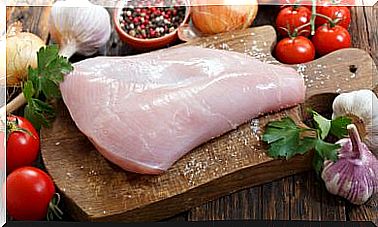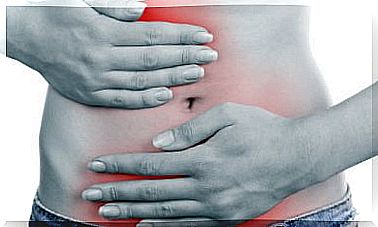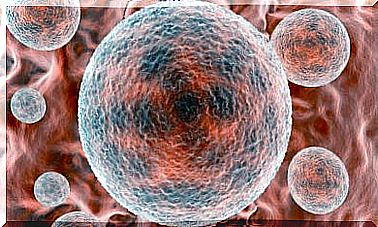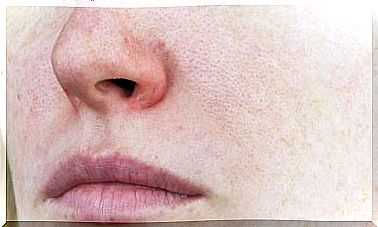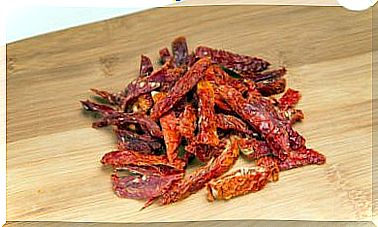Foods You Should Eat To Reduce The Risk Of Heart Disease
In addition to regulating blood glucose, oats help reduce bad cholesterol levels, prevent arterial blockage and help reduce cardiovascular risk .
Heart disease and circulatory problems are two of the leading causes of annual deaths worldwide, as they are influenced by different elements and health disorders.
In this article, we will tell you about the foods that can help you reduce your risk of heart disease. Do not miss it!
Some of these risk factors for developing these diseases are not modifiable, such as genetics or age.
However, others such as poor diet, obesity, sedentary lifestyle, or smoking, are and it is in each one to have the ability and, above all, the will to control them.
The World Health Organization recommends eating a healthy diet as the main key to preventing heart disease and cardiovascular problems.
Do you know the foods with cardioprotective properties that can help take care of the heart and prevent diseases?
Reduce the risk of heart disease
1. Salmon
It is a rich source of omega 3 fatty acids, as shown by this information from the experts at Medline Plus. In addition, he continues exposing the information, it is a nutrient capable of reducing bad cholesterol (LDL) and increasing good cholesterol (HDL).
Its regular consumption could help prevent inflammation of the blood vessels, high triglycerides in the blood, arrhythmias, hypertension and the formation of clots.
Omega 3 can also be obtained through the consumption of tuna, sardines, cod or mackerel, among other types of oily fish.
2. Extra virgin olive oil
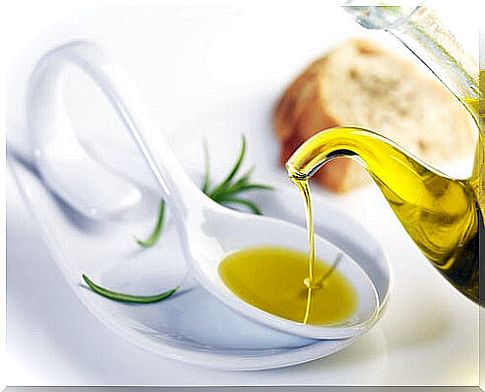
Extra virgin olive oil is considered an exceptional ingredient in the Mediterranean diet, as it helps prevent cardiovascular problems, premature aging and is also associated with a longer life.
This type of high-quality fat contains polyphenols, a group of chemicals that protect blood vessels, lower bad cholesterol, and lower high blood pressure. This is explained by a study published in Madrid in 2004.
3. Legumes
To reduce the risk of heart disease, it is recommended to eat a healthy diet that includes legumes. Black, pinto, red, or chickpeas and lentils provide the heart with nutrients, such as folate, B vitamins, magnesium, and fiber, which help regulate bad cholesterol and blood glucose levels.
4. Berries
Blueberries, raspberries, blackberries, and strawberries are rich in vitamins, minerals, and antioxidants that:
- Improve heart health
- They promote good blood circulation
- They reduce cardiovascular risk.
- They help in the prevention of heart disease, thanks to its vitamin C content
5. Oranges
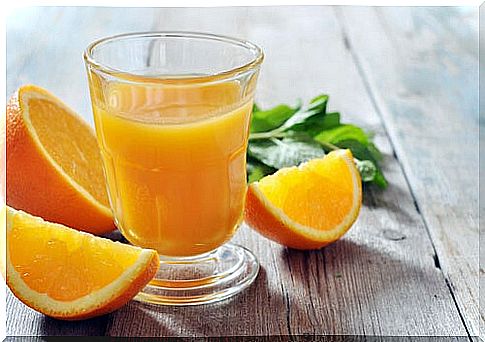
This delicious citrus contains antioxidants such as carotenoids and flavonoids that help control blood pressure levels. In the same way, fiber and pectin help eliminate toxins present in the bloodstream. Thus, they prevent arterial obstruction problems.
6. Almonds
In addition to providing healthy fats, almonds contain sterols, compounds capable of reducing the levels of bad cholesterol present in the blood. They are also high in magnesium, a nutrient that prevents hardening of the arteries and high blood pressure.
7. Soy
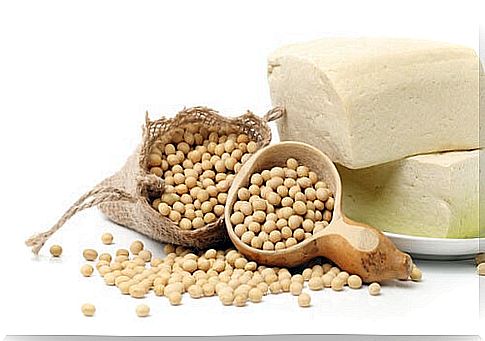
Wondering how to minimize the risk of heart disease? Soy, tofu, and other derived foods contain properties that help lower blood triglyceride levels and cholesterol.
These foods, as long as they are of organic origin, are very low in calories. For this reason, they collaborate in weight loss. Do not hesitate and incorporate them into your diet!
8. Oats
Oatmeal is a food that provides benefits for the body. Beta-glucan, the soluble fiber in oats, helps reduce bad cholesterol levels, prevents arterial blockage, and lowers cardiovascular risk.
In addition, it helps regulate blood glucose levels and helps improve digestive function. This is shown in a report-type study endorsed by the Spanish Nutrition Foundation .
9. Cabbages
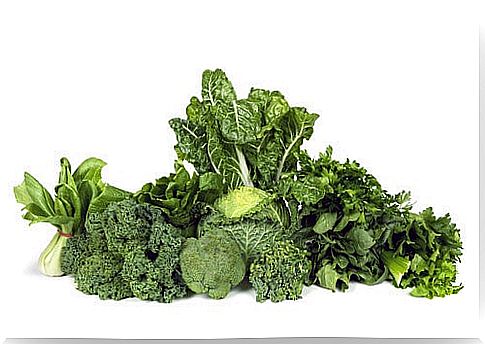 Vegetables belonging to the cruciferous or brassicaceae family reduce bad cholesterol levels in the blood and prevent arteriosclerosis.
Vegetables belonging to the cruciferous or brassicaceae family reduce bad cholesterol levels in the blood and prevent arteriosclerosis.
Cabbage, broccoli, cabbage, cauliflower, red cabbage or Brussels sprouts contain compounds that are responsible for protecting the heart and reducing cardiovascular risk. Among them are:
- fiber
- folic acid
- potassium
- Vitamin E
Now that you know some of the foods that help reduce the risk of heart disease, feel free to include them in your diet. Consult with your doctor, if you have questions about it or need guidance.
